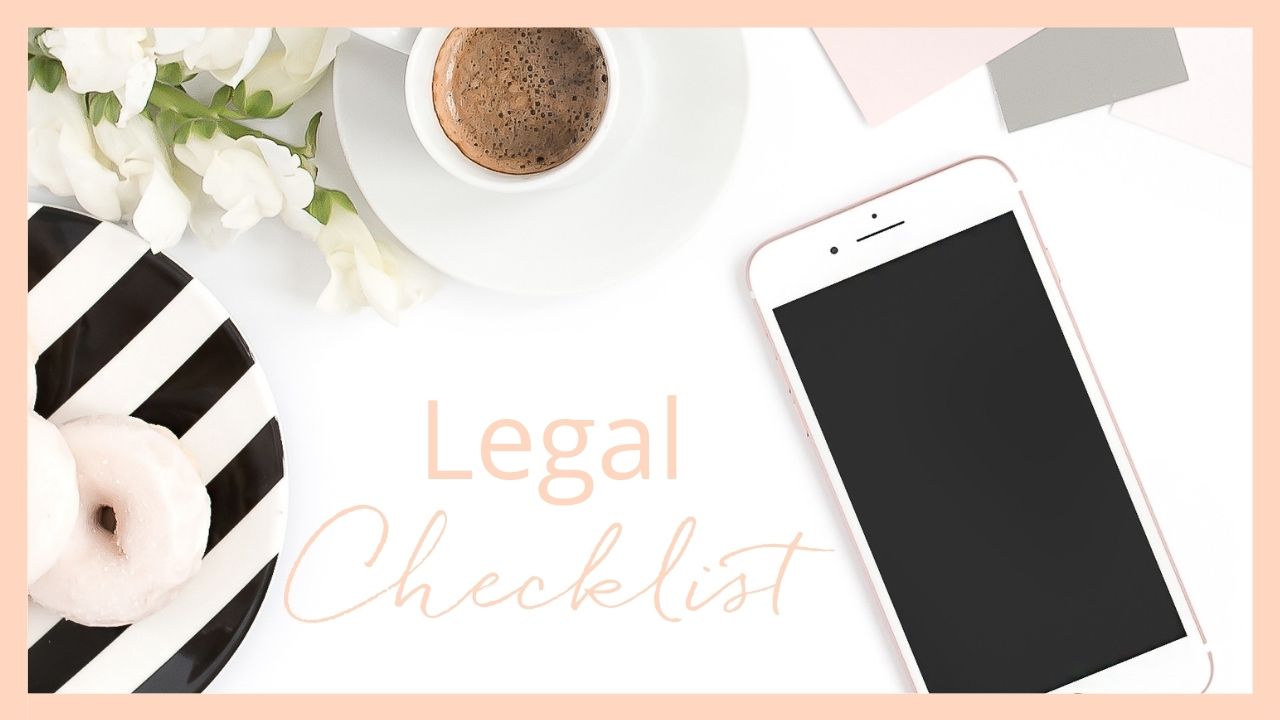Let’s say you’re entering into some kind of partnership or relationship with another company where you will be creating original work for them, or you will both be creating original work for a joint venture of some kind. You start to review the contract, and the issue of intellectual property (“IP”) ownership comes up. You want to make sure you will still own the work you created, and you want to make sure you are protected!
But when you go to read the fine print of the contract…you aren’t sure what it says, and what the provision means as its written.
Here are a few tips on how to read and interpret IP paragraphs:
“IP” = stands for intellectual property, which includes all original work you (or the other party) has or will create. It could include audio, video, captions, course materials, modules, photographs, blog posts, etc.
Ownership = if the paragraph addresses ownership of IP, you want to make sure YOU will be the owner of anything you create. Watch out for words indicating they will own all content created, they will own all IP, or anything like that. If you see anything referencing their ownership of all IP, you know you need to go back and renegotiate, to make sure you will be the owner of what you create.
Assigning = the IP paragraph could also reference you “assigning” your IP to them. This is another way to say they will own it, and basically means you’ll be giving it to them. If you want to own the work you create in connection with the partnership or joint venture, make sure you aren’t assigning your IP rights to them.
Licensing = if the contract references “licensing” your IP, this means you will give them permission to use the IP for a period of time. If the contract has you licensing your IP for a period of time, make sure you can see when the licensing period ends, and that it doesn’t continue on forever! You don’t want it to say licensing “in perpetuity” = this means “forever” and should be removed!
The IP paragraph may also reference you licensing their IP, in the event you’ll be using their trademarks, copyrighted material, or anything else that belongs to them in order to create your content. If this is part of the agreement, make sure you have the right to use whatever you need in order to create the content you’re agreeing to create.
If you have any questions or uncertainties about what rights you may be giving away in a contract that references intellectual property ownership, don’t hesitate to reach out to an attorney for help navigating the agreement! When you enter into a partnership or joint venture where your original work is being used, making sure you own the rights in your work is of vital importance!
Grab my FREE Legal Checklist to see if Your Business is Legally Compliant!

